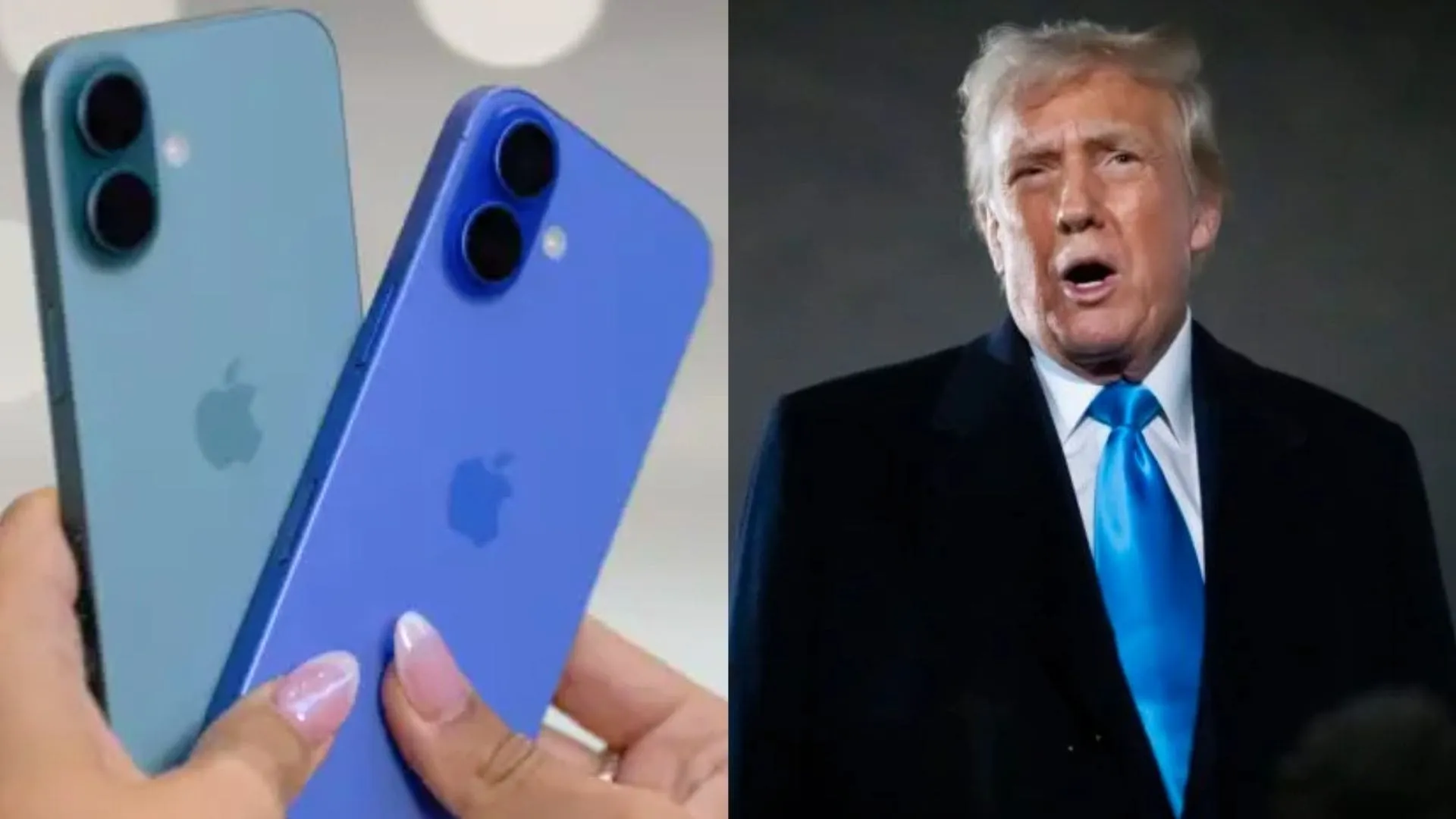In a sudden policy shift, the Trump administration has temporarily exempted smartphones, laptops, and essential electronics from steep tariffs on Chinese imports. The action, taking effect on April 5, 2025, brings relief to technology giants like Apple, Dell, and Nvidia. These firms heavily depend on global supply chains and Chinese factories.
The exemptions include essential items under the catch-all 8471 tariff code. These include laptops, semiconductors, memory chips, and flat-panel displays. Though these electronics escape Trump’s 125% retaliatory levies, other charges associated with the US fentanyl crisis persist.
This change signals a delicate balancing act—shield American manufacturing without shattering the technology industry or adding to inflation-plagued consumers’ burdens. The timing is also driven by political pressure on Wall Street, midterm election pressures, and supply chain pandemonium caused by the current trade war.
Relief for US Consumers and Tech Giants
The exemptions come at a critical moment. Analysts had warned that tariffs could push the price of a high-end iPhone to $2,300—sparking consumer outrage in an inflation-hit economy.
Apple had already begun shipping iPhones into the country from India to avoid Chinese tariffs. With the exception now in force, tech companies can sleep sounder. “The most bullish news” Big Tech has gotten this month was described by Dan Ives of Wedbush as such.
Major tech company shares jumped on the news.
Tensions with China continue to be high. Beijing quickly retaliated with its own tariffs after Trump increased rates to 125%.
However, the notice from the US Customs and Border Protection defused the tension somewhat by exempting critical tech imports. Trump’s strategy now seems more targeted—punish China on trade and fentanyl, but spare domestic tech.
He also intends a national security investigation of chip imports. That might result in additional tariffs. But electronics are in the clear for now.
Global Supply Chains Shift Under Pressure
The tariff reprieve comes as businesses scramble to localize production. Apple, Nvidia, and Taiwan Semiconductor are accelerating US factory plans under White House pressure.
Trump’s hard line has divided Republicans. Some support his vision of trade restructuring. Others worry about a recession or losing the House in the midterms.
Nevertheless, Trump maintains that the tariffs are mending a broken system and bringing tech manufacturing back home.









